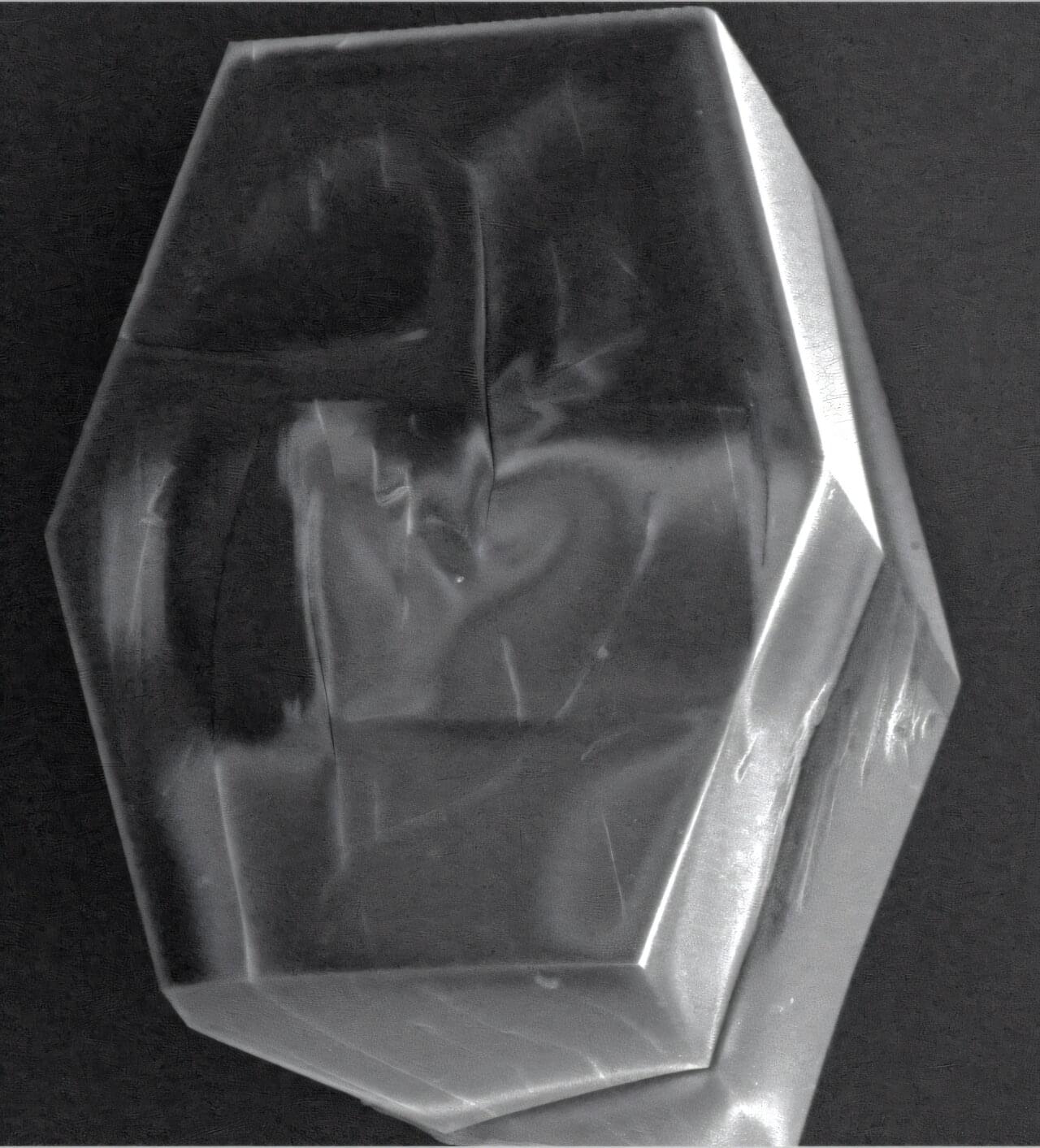Protons are the basis of bioenergetics. The ability to move them through biological systems is essential for life. A new study in Proceedings of the National Academy of Sciences shows for the first time that proton transfer is directly influenced by the spin of electrons when measured in chiral biological environments such as proteins. In other words, proton movement in living systems is not purely chemical; it is also a quantum process involving electron spin and molecular chirality.
The quantum process directly affects the small movements of the biological environment that support proton transfer. This discovery suggests that energy and information transfer in life is more controlled, selective, and potentially tunable than previously believed, bridging quantum physics with biological chemistry and opening new doors for understanding life at its deepest level—and for designing technologies that can mimic or control biological processes.
The work, led by a team of researchers from the Hebrew University of Jerusalem collaborating with Prof. Ron Naaman from Weizmann Institute of Science and Prof. Nurit Ashkenasy from Ben Gurion University, reveals a surprising connection between the movement of electrons and protons in biological systems.
